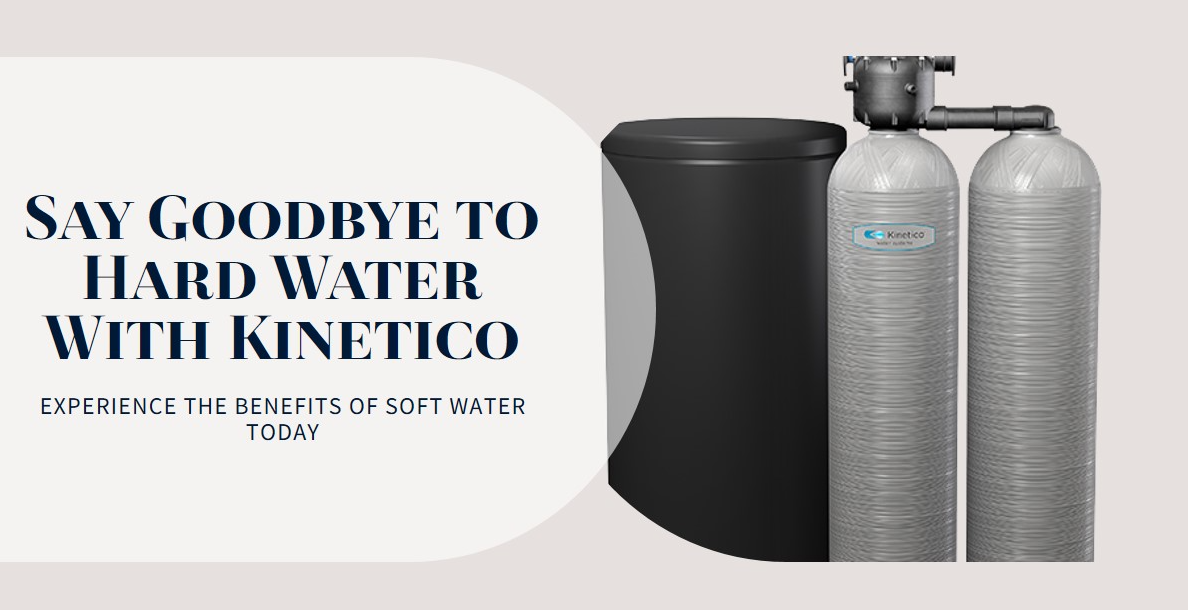Water softening is a crucial process that helps alleviate the problems caused by hard water. If you’re looking for an effective solution, potassium chloride for water softeners could be the answer. In this comprehensive guide, we will explore the benefits, usage, and recommendations for potassium chloride as a water softener.
Hard water can wreak havoc on your daily activities and home appliances. The buildup of minerals like calcium and magnesium can lead to clogged pipes, inefficient water heating, and limescale deposits on fixtures. Water softeners are designed to combat these issues, and potassium chloride offers a more environmentally friendly alternative to traditional salt-based water softeners.
Understanding Water Softening and Its Effects
Water softening is the process of removing hardness minerals from water. It involves the exchange of calcium and magnesium ions with sodium or potassium ions. By reducing the concentration of hardness minerals, water softeners help prevent scale formation, improve soap lathering, and extend the lifespan of appliances.
Potassium Chloride vs. Traditional Salt-Based Water Softeners
When it comes to choosing a water softener, potassium chloride stands out as a viable alternative to salt-based options. While both options effectively remove hardness minerals, potassium chloride offers some distinct advantages. It is a healthier choice for individuals on low-sodium diets and has less impact on the environment. However, it is important to consider the cost and availability of potassium chloride as compared to traditional salt-based alternatives.
How Does Potassium Chloride Work in a Water Softener?
Potassium chloride operates in water softeners using the same principle as salt-based options. It effectively replaces the hardness minerals with potassium ions, resulting in softened water. The ions in potassium chloride bind to the resin beads in the softener, allowing the exchange to occur. This process ensures that the water leaving the softener is free from hardness minerals.
Benefits of Potassium Chloride for Water Softening
Potassium chloride offers several benefits when used as a water softener. Firstly, it provides an eco-friendly solution by reducing the discharge of excess sodium into the environment. Additionally, potassium chloride is safe for consumption and does not contribute to sodium intake, making it ideal for individuals with dietary restrictions. Furthermore, it helps extend the lifespan of appliances, improve water quality, and reduce the need for maintenance.
Application and Usage Recommendations
To maximize the effectiveness of potassium chloride in your water softener, it is important to follow some application and usage recommendations. The dosage of potassium chloride may vary depending on the water hardness level and the specific water softener system. It is essential to refer to the manufacturer’s guidelines for the correct dosage. Regular maintenance, such as resin bed cleaning and monitoring potassium levels, is also necessary to ensure optimal performance.
Potential Drawbacks and Considerations
While potassium chloride offers numerous benefits, there are certain considerations to keep in mind. The cost of potassium chloride may be higher than traditional salt-based alternatives. Additionally, availability may vary in different regions. It is also important to assess the specific water conditions in your area, as potassium chloride may not be suitable for extremely hard water or certain types of water softener systems. Considering these factors will help you make an informed decision.
Frequently Asked Questions (FAQs)
Q: Is potassium chloride as effective as traditional salt-based water softeners?
A: Yes, potassium chloride is equally effective in removing hardness minerals from water and preventing scale formation. It provides the same benefits as salt-based water softeners without the added sodium.
Q: Can I use potassium chloride if I’m on a low-sodium diet?
A: Absolutely! Potassium chloride is a suitable option for individuals on low-sodium diets, as it does not contribute to sodium intake.
Q: How often should I replenish the potassium chloride in my water softener?
A: The frequency of replenishing potassium chloride depends on the water hardness and the capacity of your water softener. It is recommended to monitor the potassium levels regularly and refill as needed.
Tips for Choosing and Purchasing Potassium Chloride
When selecting potassium chloride for your water softener, it is essential to choose a reputable brand that offers high-quality products. Consider factors such as purity, packaging, and customer reviews to ensure satisfaction. Consulting with professionals or seeking advice from water treatment experts can also help you make an informed decision.
Key Takeaways
Potassium chloride is an excellent choice for water softening, offering a more environmentally friendly and healthier alternative to salt-based options. By understanding its benefits, usage recommendations, and potential drawbacks, you can make an informed decision for your water softening needs. Invest in high-quality potassium chloride and enjoy the benefits of softened water, improved appliance lifespan, and overall better water quality.
Remember, water softening is crucial for maintaining the efficiency of your home’s water system. With potassium chloride, you can achieve the desired results while being mindful of the environment and your health. Choose potassium chloride for your water softener and experience the difference it makes.




